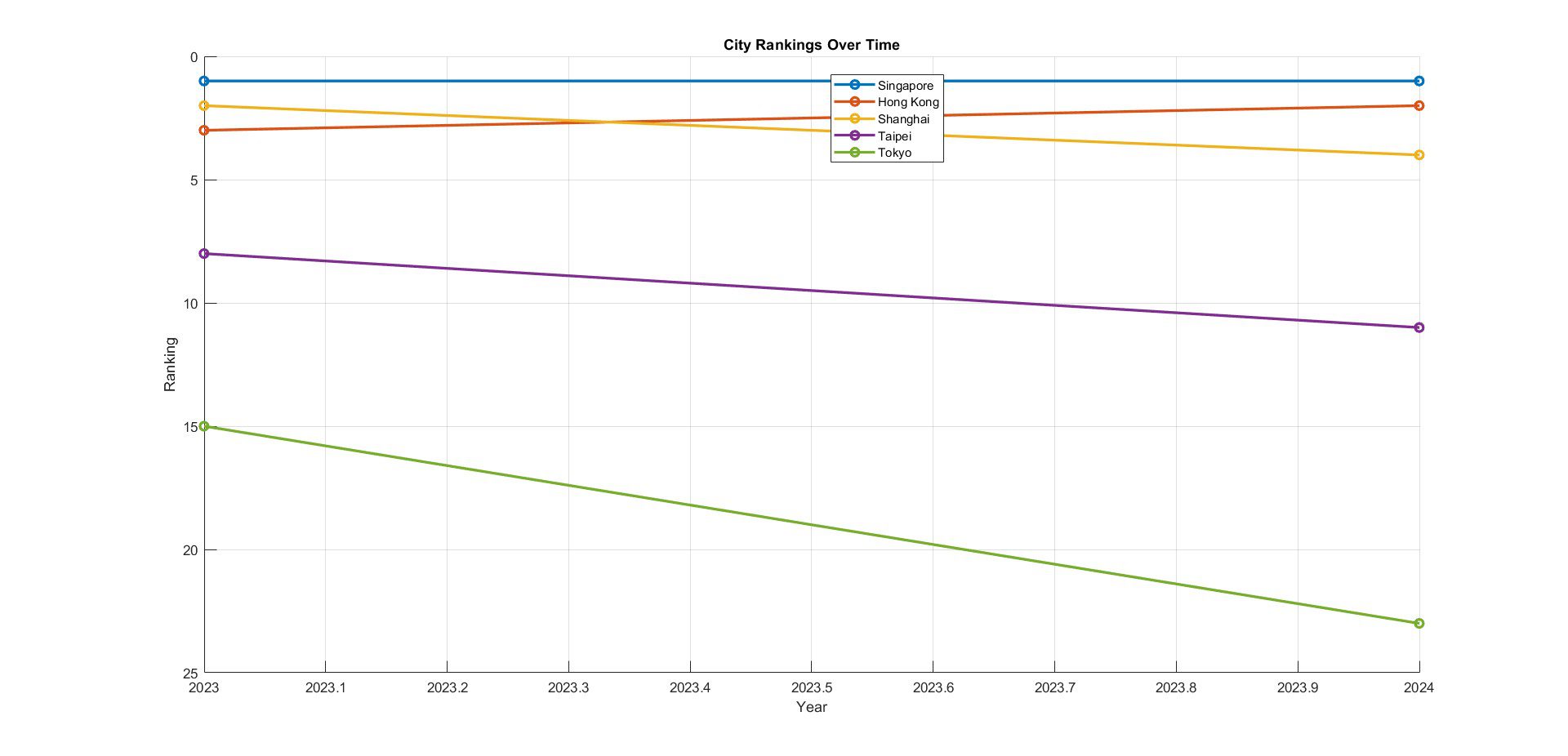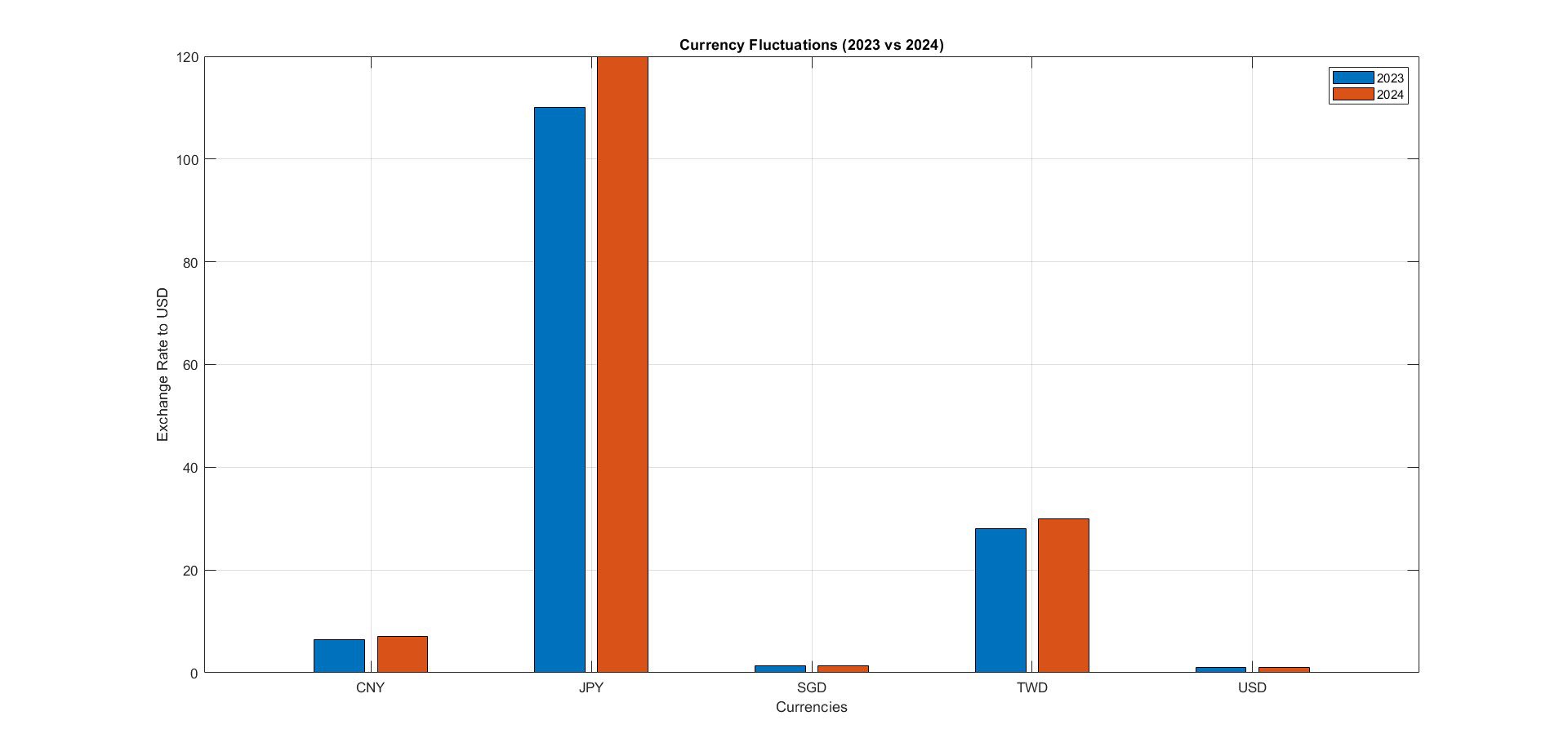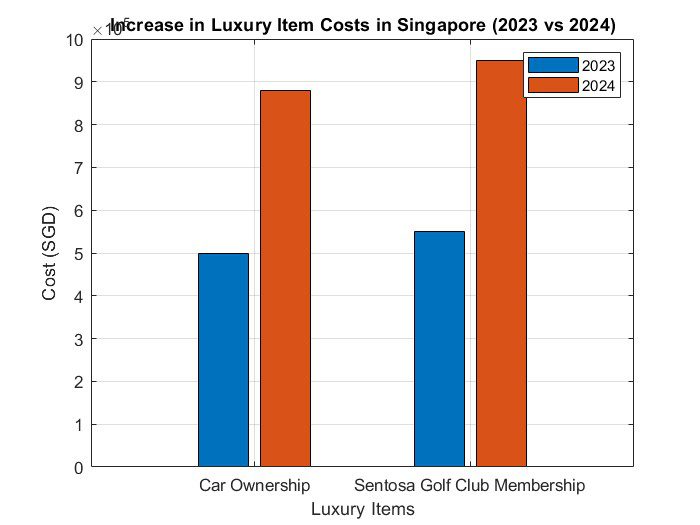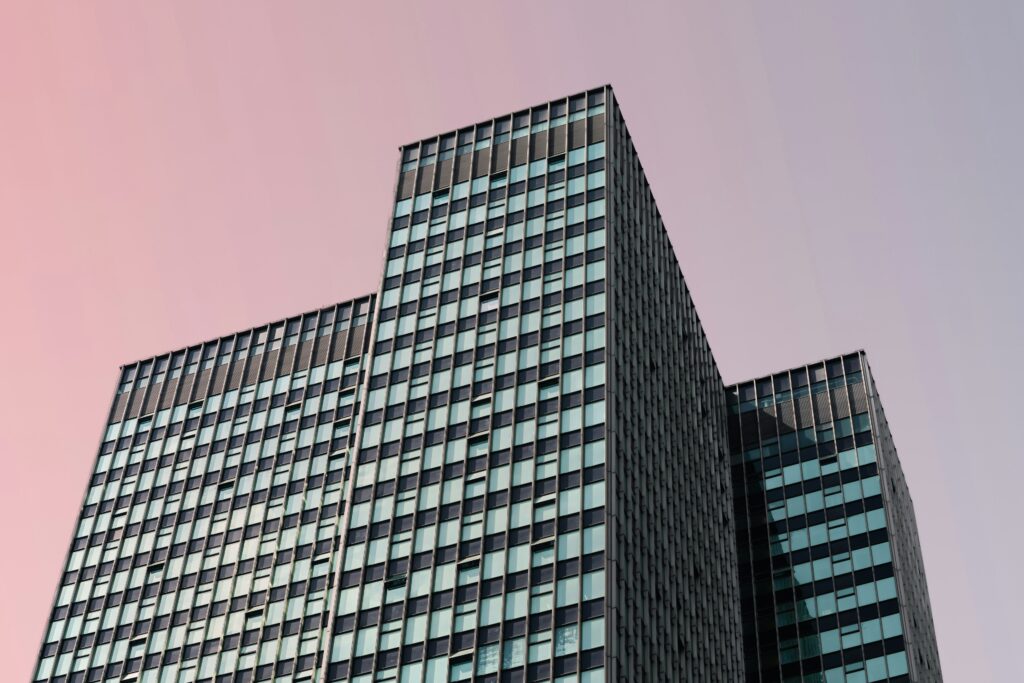Singapore has again been crowned the most expensive city for the affluent to live a luxurious lifestyle, according to the latest Global Wealth and Lifestyle Report by Swiss private bank Julius Baer. For the second consecutive year, this Southeast Asian metropolis has topped the list, underscoring its prominence as a global hub for the elite.
Hong Kong Ascends While Other Asian Cities Decline
If you are wondering why start a company in HK, check out this data. Hong Kong has risen to the second spot, up from third last year, reflecting its growing allure and escalating costs for the wealthy. This surge contrasts with the declining rankings of other prominent Asian cities. Shanghai, previously in second place, has dropped to fourth. Taipei, which held the eighth position last year, has fallen out of the top ten entirely. Tokyo experienced a significant drop, plummeting to 23rd place from 15th in 2023.

European Cities Make Their Mark
While some Asian cities saw their standings slip, European cities gained ground. Milan, Zurich, and Paris have entered the top ten, showcasing the continent’s rising appeal for high-net-worth individuals. This shift highlights the dynamic nature of global wealth distribution and the varying costs associated with luxury living across different regions.
Also read: Singapore Pours $740 Million into AI Advancements, Elevating Global Tech Status
Currency Fluctuations: A Key Factor
The report emphasizes that currency fluctuations significantly influence these rankings. The rising interest rates in the United States have exerted pressure on many Asian currencies, driving them to historic lows against the U.S. dollar. This currency dynamic plays a crucial role in the perceived cost of living for those dealing in dollars or Swiss francs.
Christian Gattiker, head of research at Julius Baer, notes, “We tend to forget that the costs of living look completely different in the eyes of a stranger, especially if that person thinks in U.S. dollars or Swiss francs.”

Why Singapore Leads the Pack
Singapore’s enduring appeal as the premier city for the wealthy can be attributed to several factors. The city-state boasts stable politics, an excellent healthcare system, low crime rates, and efficient public transportation, all contributing to its status as an essential regional and global hub. Furthermore, the Singaporean government actively seeks to attract global businesses and affluent individuals, enhancing its desirability.
One notable factor driving up costs in Singapore is the price of car ownership. The government mandates the purchase of a “certificate of entitlement,” making it the most expensive place in the world to own a car. Additionally, Singapore’s relatively early relaxation of pandemic restrictions compared to other Asian cities has led to an influx of wealthy migrants, further driving up property prices despite governmental efforts to cool the market.

The luxury sector has also seen significant price increases. For instance, the cost of membership at the prestigious Sentosa Golf Club, a 36-hole course overlooking the Singapore Strait, has more than doubled for foreigners between 2019 and 2022, now standing at a staggering 880,000 Singapore dollars (approximately $650,000).
The Future of Luxury Living
As cities continue to evolve and global economic conditions shift, the cost of living extremely well will remain a dynamic and complex landscape. The Julius Baer report serves as a valuable tool for understanding these changes and their impact on high-net-worth individuals around the world.
For more detailed insights, you can read the full Julius Baer Global Wealth and Lifestyle Report.
Stay updated with the latest trends and insights on luxury living at ImpactWealth.Org.
















